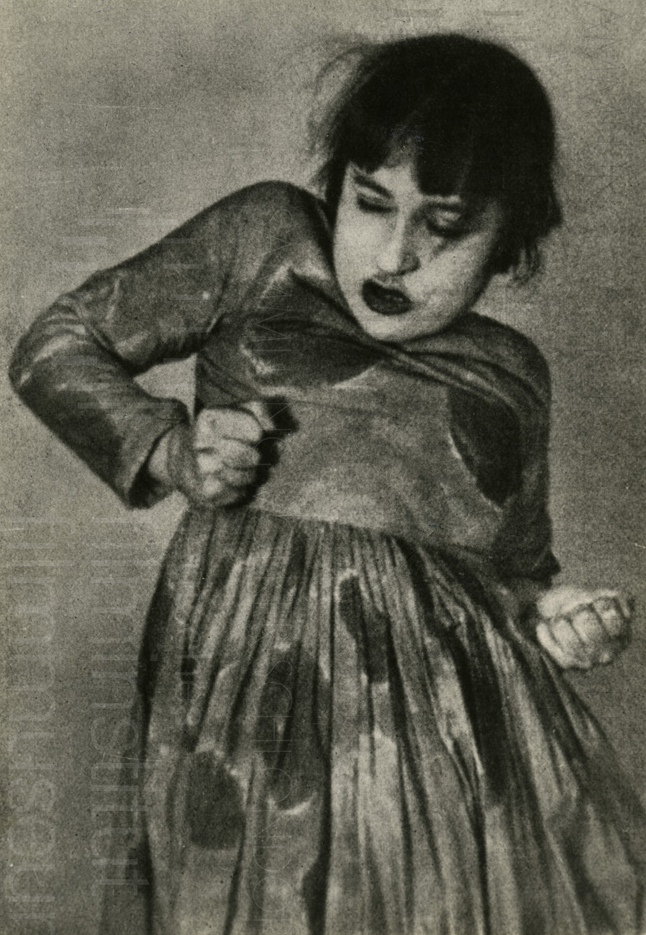Course of Study
In the first semester, the module "Introduction to Critical Dance Studies" presents subjects that offer orientation in Dance Studies’ theoretical research field. These include a weekly introductory course and an applied practice session exploring body and movement techniques, typically in block seminar format. The three-part module "Theory / Aesthetics" is made up of a research seminar, a seminar-like practice session on dance writing, and a lecture.
In the second semester, the module "Historicity / Historiography" offers three courses exploring concepts and methods of dance historiography based on key historical examples. The three-part module is comprised of a research seminar, a seminar-style practice session, and a lecture. The module "Methods/Practice" encompasses a group project and accompanying applied practice session, developed within the framework of the Valeska Gert Guest Professorship.
The third semester consists of the three-part module "Dance / Arts / Media," in which a research seminar, seminar-style practice session, and lecture address questions of dance’s intermediality and postmediality. The module "Research Practice" enables students to work with another Valeska Gert Guest Professor and to test initial impulses for the topic of their master's thesis within a project colloquium.
In the fourth semester, students complete a master's thesis and attend an accompanying research colloquium.
The master’s degree program in Critical Dance Studies is a full-time course. Requests for part-time study will be considered on an individual basis.
Career Prospects
In a dance climate with resources rapidly becoming digitized and with many diverse funding options available, holders of a graduate degree in Critical Dance Studies have access to many stimulating job opportunities. While some graduates continue to pursue PhDs, others assume dance-specialized jobs at theaters, production houses, and other cultural institutions, including archives or publishing houses. Graduates take on professions in dramaturgy, curation, public relations/marketing, and arts management, both as freelancers and full-time employees. Their knowledge of dance, and their honed critical thinking skills, also qualify them to work in the field of cultural policy, addressing questions, structures and cultural strategies in relation to the situation of both individual and collective bodies in society.
Specifically, graduates work within the following fields:
- Journalism, arts writing, and editing – with, for example, ada Studio and Tanzbüro Berlin
- Dramaturgy – with, for example, Staatsballett Berlin, Künstler*innenhaus Mousonturm Frankfurt, dance festivals, and performance series.
- Curation – with, for example, HAU Hebbel am Ufer.
- Production and project management – with, for example, TD Berlin, Sophiensaele Berlin, Tanztage Berlin, Tanzfabrik Berlin, Ballhaus Ost, and Fonds Darstellende Künste.
- Positions in the field of cultural policy – within various networks and institutions, such as Bundesverband Freie Darstellende Künste (Federal Association for the Independent Performing Arts), Zeitgenössischer Tanz Berlin e.V., and the Koalition der Freien Szene (Coalition of the Independent Arts Community).
Testimony
"Seminars such as 'Dance Texts' allowed me to experiment with writing about dance in various formats, such as movement description, dance criticism, dramaturgical text, and literary text, to strengthen my writing skills and prepare me for a career in journalism.” Susanne Lettner, journalist


